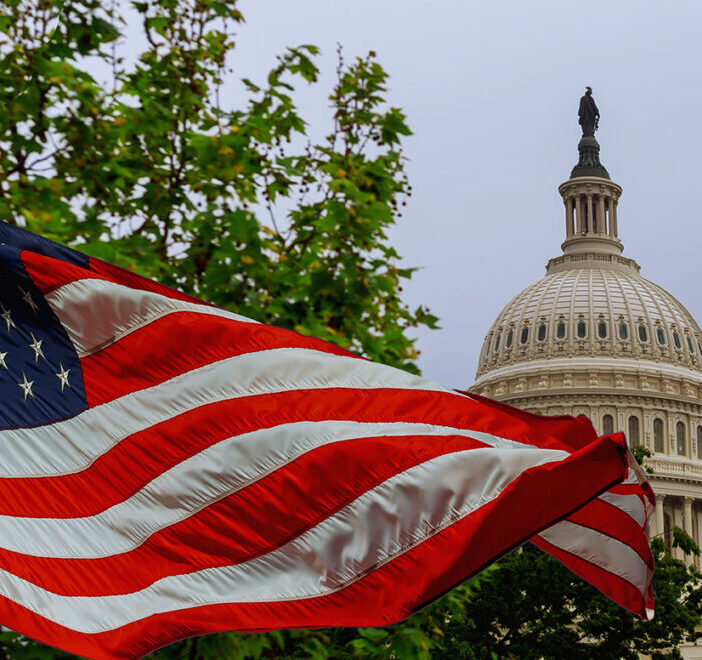Medicaid Policies and Pathways Impacting Older Adults
From March through May 2022, the Kaiser Family Foundation conducted a survey of Medicaid state eligibility officials. KFF has provided two policy briefs based on the data that this article summarizes, with the background and findings most pertinent LeadingAge members.
The “Medicaid Public Health Emergency Unwinding Policies Affecting Seniors & People with Disabilities: Findings from a 50-State Survey” Issue Brief takes a targeted look at anticipated enrollment challenges in Medicaid old age or disability programs (“non-MAGI”) after the Public Health Emergency (PHE) ends.
Historically, people who are enrolled in Medicaid pathways based on old age or disability experience less churn on and off Medicaid, compared to children and non-older adults enrolled, because of their income stability. However, non-MAGI enrollment for older adults and people with disabilities did increase during the COVID-19 PHE, and states anticipate a median of 10% of non-MAGI enrollees to lose coverage at the end of the PHE for a variety of reasons including a change in income, returned mail, or inability to contact the enrollee.
Other KFF findings from this brief include:
-
Most states currently renew eligibility for a small share (<25%) of older adult enrollees on an ex parte basis (without requiring information from the enrollee).
-
However, a majority of states have adopted at least one strategy to increase the share of ex parte renewals including relying on SNAP data without conducting a separate Medicaid determination (12 states), automating data checks (12 states), and expanding the number and type of electronic data sources used (11 states).
-
As LeadingAge has shared in previous articles on the PHE Unwinding and its impact on older adults, most states are planning to partner with Coverage Ambassadors as trusted messengers. LeadingAge members may contact their State Medicaid agency to learn about this collaboration opportunity.
KFF also used its 50-State Survey data in its “Medicaid Financial Eligibility in Pathways Based on Old Age or Disability” Issue Brief, presenting state-level data on Medicaid financial eligibility criteria and adoption of the major non-MAGI pathways as of January 2022. The brief includes mandatory and optional pathways to full Medicaid eligibility as well as state options to expand Medicaid financial eligibility for people who need long-term services and supports (LTSS) in nursing homes or other institutions or in the community. It also highlights state actions to expand non-MAGI financial eligibility that have been adopted and take effect after January 2022.
Among the findings of this KFF brief:
-
Over 80% of the states that cover medically needy seniors and people with disabilities (26 of 32) opt to include nursing home services in the benefit package offered to these enrollees, making this pathway another means of accessing long-term institutional care.
-
Less than half of states (22 of 51) opt to expand coverage for older adults and people with disabilities beyond federal SSI limits, up to the federal poverty level.
-
Five states adopt the Section 1915 (i) state plan option to expand eligibility to people with functional needs that are less than an institutional level of care. There is no asset limit for Section 1915 (i) eligibility, similar to the MAGI pathways.
-
Most states adopt the special income rule to expand financial eligibility for people who need Medicaid LTSS up to 300% SSI ($2,523 per month for an individual in 2022.) Specifically, 40 states adopt the special income rule for institutional LTSS, while 41 states do so for HCBS.
Interactive maps detailing Medicaid pathways in the states for older adults are available in the KFF Issue Brief. States’ choices about which pathways to cover are an important baseline, as well as an advocacy opportunity for older adults’ access to Medicaid coverage.

Most Recommended
October 15, 2025
 Shutdown Week Three: Impact of Ongoing Closure on Affordable Housing
Shutdown Week Three: Impact of Ongoing Closure on Affordable Housing
January 30, 2026
Fiscal Year (FY) Funding 2026
October 07, 2025
Immigrant Workforce Matching Program Brings Workforce Relief
Recently Added
January 27, 2026



